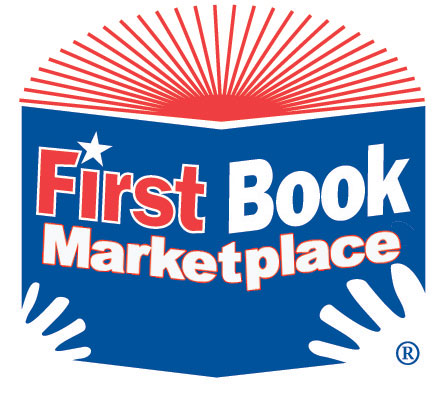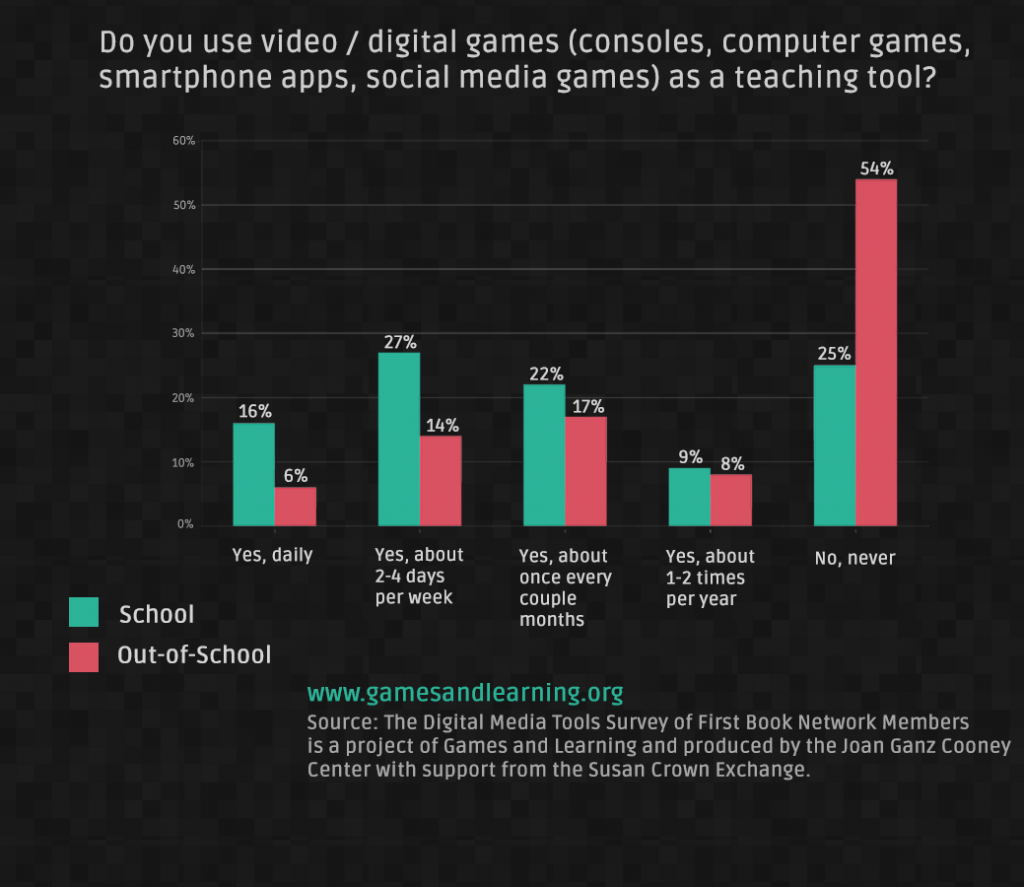With more money and effort pouring into learning games and other digital tools for educators, the last mile of the distribution chain – that step from the developer to the student – has become the intense focus of new and existing players.

First Book aims to add digital learning games to their offerings for educators who serve low-income kids.
As investors, developers and education officials gather in San Diego next week to explore the issues of educational technology and helping under-served communities, the nonprofit group First Book, which has brought free and low-cost books to thousands of classrooms and after-school programs, is shopping a new pilot project aimed at bringing digital tools to those same low-income students.
“The big issues we are trying to address are the same we faced with the publishing industry,” said First Book President and Co-Founder Kyle Zimmer, “we need to keep the price as low as possible for those serving kids in need and we need to increase the relevancy of the games being produced.”
First Book is seeking funding for a major pilot that would expand their First Book Marketplace to include digital tools and e-games. Their marketplace has carved out a niche for itself in the publishing world by allowing publishers to sell their books at deep discounts to only those certified programs that serve low-income students.
Still, the First Book Marketplace is a self-sustaining project. “This is a revenue-generating system,” said Jane Robinson, First Book CFO, “so we will make money, but the publishers also know they are not cannibalizing their consumer markets by making books available through us.”
In listening to the team from First Book discuss their thinking about digital learning games they describe it as just another line of products they aim to deliver to their quickly growing network of after-school programs, Title I schools and libraries. Although they see it as an extension of what they do already, they also recognize that for many of their teachers and educators the move to digital games is a leap.
“These games could be powerful vehicles but they are also new territory for a lot of the teachers and educators, but they trust us and that could help make it something more of them will be comfortable to do,” Zimmer said.
 That unease was evident in a recent survey of some 1,000 First Book members that found some 50 percent of school teachers and 75 percent of out-of-school teachers used digital learning games every couple of months or less.
That unease was evident in a recent survey of some 1,000 First Book members that found some 50 percent of school teachers and 75 percent of out-of-school teachers used digital learning games every couple of months or less.
First Book is one of a number of new players hoping to fill the gap left by the continued inability of Apple and Google to serve the needs of school markets and other educators. Their planned pilot project will have to play catch-up as organizations like Amazon’s open educational resources and the even more impressive Noodle Markets look to meet the needs of schools.
Noodle Markets, headed by Nicole Neal, a veteran of Pearson and a 300-person team that oversaw assessment and innovation at Education Solutions Group at CORE Education Consulting and Solutions, is also looking to solve the distribution problem, but their work aims to serve all schools and not just low-income programs.
Neal has told us that she sees the comprehensive nature of Noodle Markets as central to its unique position in the industry.
“As we began building the Noodle Markets solution, we studied their purchasing behaviors and spent a great deal of time interviewing them,” she told Gamesandlearning.org earlier this year. “Educators are constantly approached by vendors and are often asked to make important decisions about products and services with less than optimal information and little to no evidence of its effectiveness in the classroom.”
Zimmer agreed that curation and advice would be critical to making their pilot work, although that guidance in the crowded field of e-games remained unclear.
Robinson added that if the company can find funding to support the pilot project First Book is confident it can launch a modified First Book Marketplace and could begin to quickly iterate a digital learning game system.
And Neal agrees that digital markets that hope to meet the needs of the modern school – be it low-income or not – must be able to adapt.
“The materials market has evolved rapidly, placing new pressures on education buyers,” she said. “We have seen an explosion in the number of products in the K-12 market, including growth in the exciting game-based learning/gamified learning categories.”
Still, First Book hopes that even as large and well-funded markets launch around them that they can focus on their mission to serve those schools and programs that serve the children most in need.
“This is about equal education,” Zimmer said, “whether it is supplying a kid with an e-game, a winter coat or books that are of the highest quality, we need to make sure there are no barriers to a child in poverty having an equal opportunity to achieve through education.”
